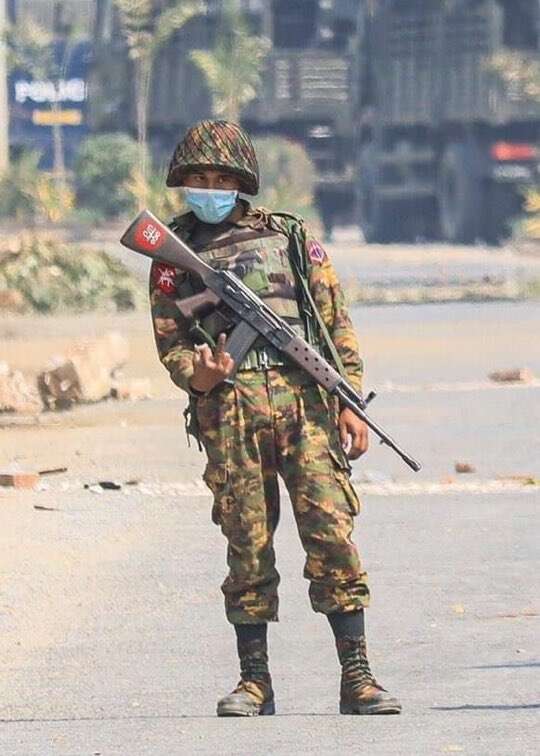
The Independent Investigative Mechanism for Myanmar (IIMM) has released its annual report today, revealing evidence of systematic torture and sexual violence in military interrogation centers, including electric shocks, gang rape, and genital burning. The report covers activities between July 1, 2024, and June 30, 2025, documenting detailed accounts of brutal torture and systematic sexual violence committed in detention facilities across Myanmar. Nicholas Koumjian, head of the IIMM, stated that they have found clear evidence of systematic torture in Myanmar’s interrogation centers based on eyewitness testimonies and have made progress in identifying perpetrators, including commanding officers overseeing detention facilities.
The report meticulously documents various forms of abuse in detention centers, including beatings, electric shocks, strangulation, gang rape, burning of sexual organs, and other forms of sexual violence. The mechanism has also been collecting evidence to identify those involved in summary executions of captured opposition fighters and civilians accused of being informants. The investigation has expanded to include both security forces and their affiliated militias, as well as armed groups opposing the military, who have also been implicated in summary executions.
The IIMM’s findings are based on evidence collected from over 1,300 sources, including testimonies from more than 600 eyewitnesses, along with photographs, videos, audio recordings, documents, maps, satellite imagery, social media posts, and forensic evidence. The mechanism has continued to share relevant evidence and analysis with the International Criminal Court (ICC), International Court of Justice (ICJ), and Argentine authorities handling cases related to the Rohingya. They have also responded to specific requests for information sharing from the UK. Despite ongoing serious international crimes in Myanmar, the mechanism faces challenges due to UN financial constraints but continues to seek ways to effectively carry out its mandate.



